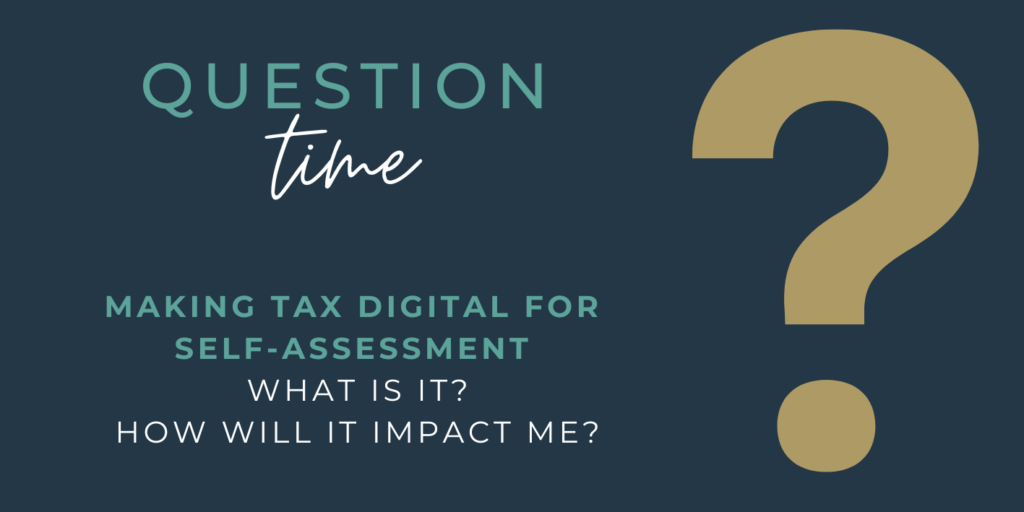Power to the people – why Lasting Power of Attorney is not just for the elderly
Last updated on 13 Jul 2017
It’s a scenario none of us like to imagine. A loved one loses mental capacity and is no longer able to make their own decisions. You might be prepared for this as a consequence of old age, but what if disaster strikes much earlier?
Without a Lasting Power of Attorney (LPA), next of kin can find themselves mired in a time-consuming and expensive court system in order to access the cash they need to survive.
For example, if your partner is injured in a serious accident and falls into a coma, you would not be allowed immediate access to their bank account unless you had already been appointed as their Attorney. Without this legal nomination, you’d have no choice but to apply to the Court of Protection to become a ‘deputy’ for your partner’s affairs – a lengthy and expensive process.
‘Intrusive and costly’ – one woman’s true story
Accessing finances through the Court of Protection has been described as ‘alien, intrusive, time-consuming and costly’ by one woman who spoke out in an interview with Saga magazine.
Heather Bateman was unable to access the money in her husband’s bank account after he was hit by a car in 2003 and subsequently fell into a coma. Her only option was to apply to the Court of Protection to provide a living allowance. Heather then had to keep scrupulous records detailing every penny she spent. She was also charged thousands of pounds in costs including application, legal, accounting and insurance fees.
Heather said the Court introduced tight restrictions on spending and “brought almost as much anger, grief and frustration into my life as the accident itself.”
She explained, “I could write as many cheques as necessary up to £500. But if I needed to access more than that at any one time, I had to get permission from the Court – even to pay our daughter’s university fees and accommodation.
“The Court of Protection, no doubt, has a part to play in the life of someone with no close family or friends, who is at the mercy of strangers. But in our case it was an interfering, terrifying body using legal forms and archaic language to protect itself at huge cost to us.”
The only way to avoid the Court of Protection in this kind of case is to act before problems strike by registering an LPA.
What exactly is a Lasting Power of Attorney?
A LPA is a legal document which allows a person to nominate a relative or trusted friend to look after their affairs should they lose capacity. There are two types of LPA – one for finance and property, another for health and welfare. These are separate documents and cost £82 each to register.
Anyone over 18 can set up an LPA – you don’t need to be unwell. Once submitted, it takes up to ten weeks to be processed. We would recommend seeking professional help and would be happy to discuss our typical fees with you.
Why you should act
The key is to seek advice early, while you are still well. Losing mental capacity isn’t just isolated to those suffering from dementia and isn’t always a gradual process. There are numerous reasons why a person could suddenly become non compos mentis, including coma, concussion, severe mental health problems and alcohol and drug misuse.
Of course it’s uncomfortable to think about such scenarios, which is why many of us don’t act. It’s a kind of insurance we hope never to claim against, but if the need arises it could save months or years of anguish.
At Perrys we offer expert advice on LPA applications. If you’d like to discuss the process, please fill in our
contact form and we can arrange a free and informal meeting, where you can find out more about how we can help. We pride ourselves on offering an exceptional service, and we look forward to hearing from you.







